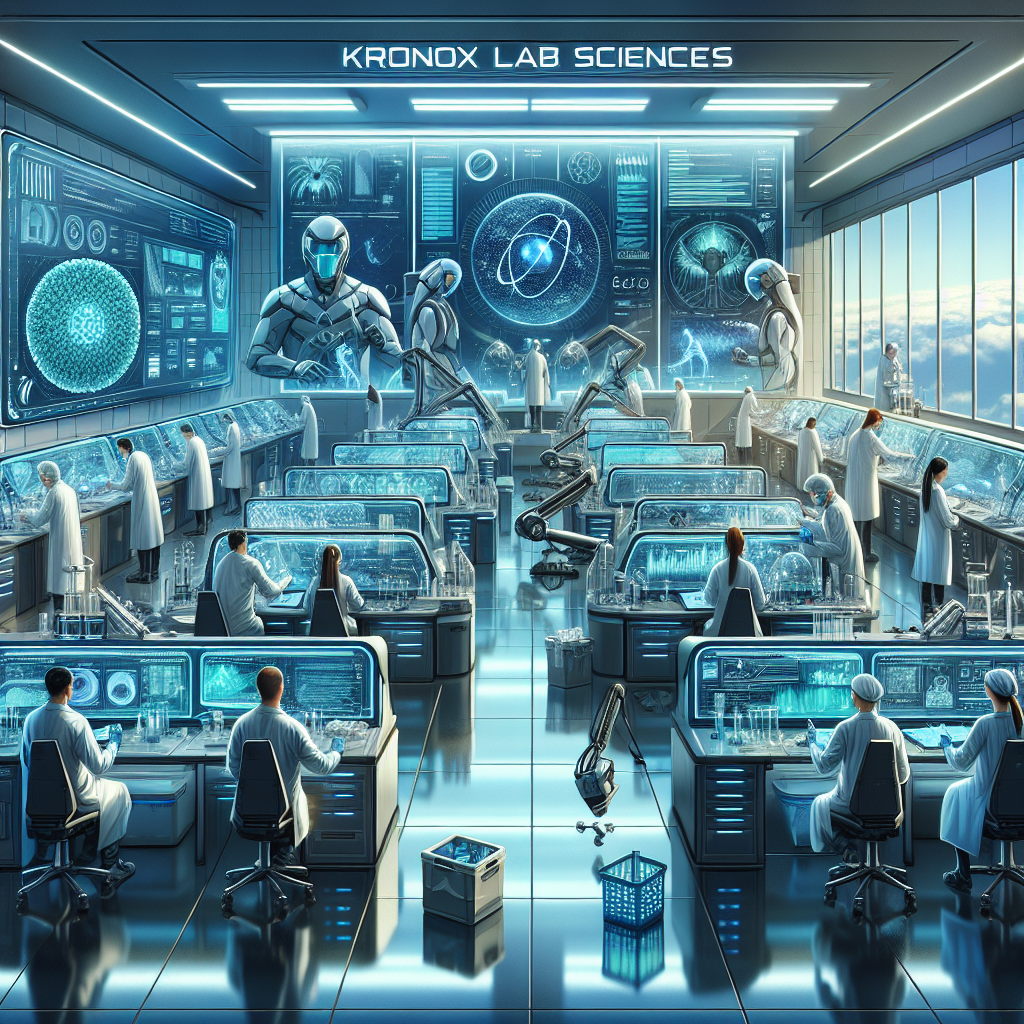UNESCO and Huawei Technologies have selected five new projects under their initiative, "Revitalizing STEM education to equip next generations with STEM competency." This collaborative effort aims to rethink and revitalize the STEM learning model to address pressing societal needs and global challenges. The initiative supports the 2030 Agenda and the Sustainable Development Goals, particularly SDG 4 (Quality Education), SDG 5 (Gender Equality), and SDG 9 (Industry, Innovation, and Infrastructure).
The call for applications, published in March 2024, attracted 37 proposals from various STEM education stakeholders. In June, the project's Supervisory Board finalized the selection of five projects that will enhance STEM education across Europe:
Gender and STEM Education in Romania (Belgium, Romania) This project aims to strengthen Romania’s role in gender-integrated STEM education. It will be piloted by Hermann Oberth German International School in Romania, in collaboration with the Digital Leadership Institute and the Association of Women in Engineering, Science, and Technology.
Advancing Innovative STEM Education and Research in Earthquake Engineering towards Sustainable Environment: QUAKESAFE (North Macedonia) Led by Ss. Cyril and Methodius University in Skopje, this initiative focuses on advancing earthquake engineering education and its role in promoting sustainable environmental practices.
Integrating and Supporting STEM in the Educational Curriculum through UNESCO Microscience Experiments Project (Romania) Coordinated by the International Centre for Advanced Training and Research in Physics, this project will integrate microscience experiments into Romanian schools to enhance practical STEM learning.
Teaching Primary Mathematics through Problem-solving using Lesson Study (Malta) The Ministry for Education of Malta, along with researchers from the University of Malta, will improve mathematics teaching through a problem-solving-based professional development program.
TechBridge: Empowering Refugees and Migrants in Europe through Digital Education and Job Market Integration (Germany) Operated by ReDI School of Digital Integration gGmbH, this project aims to empower refugees and migrants with advanced STEM skills, enhancing their job market integration in Europe.
These selected projects underscore UNESCO and Huawei’s commitment to revitalizing STEM education through diverse and innovative approaches. They reflect a progressive strategy for integrating cutting-edge solutions in STEM education, promoting international collaboration, and sharing best practices across the region.











